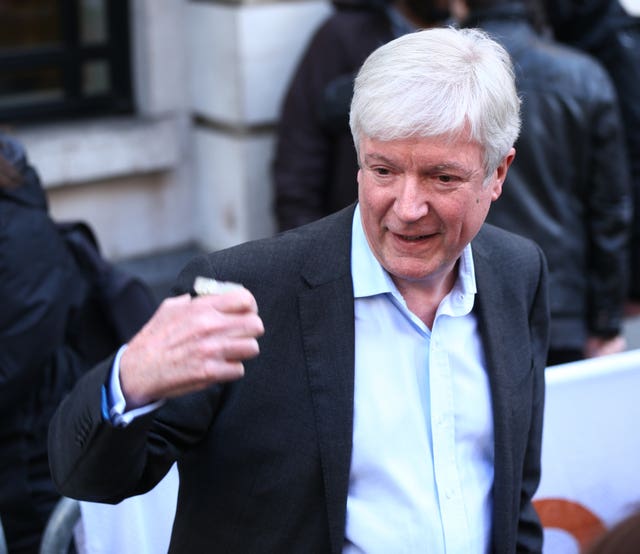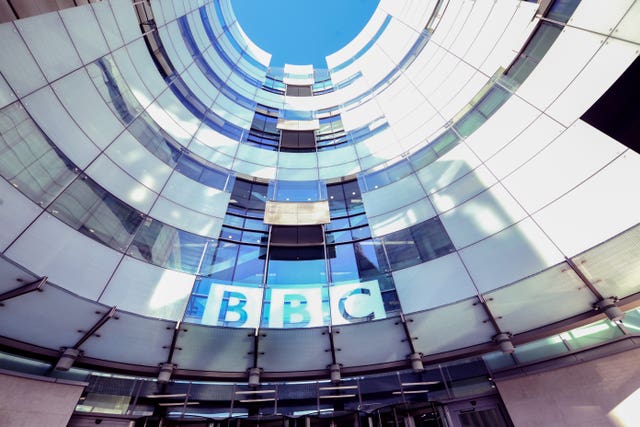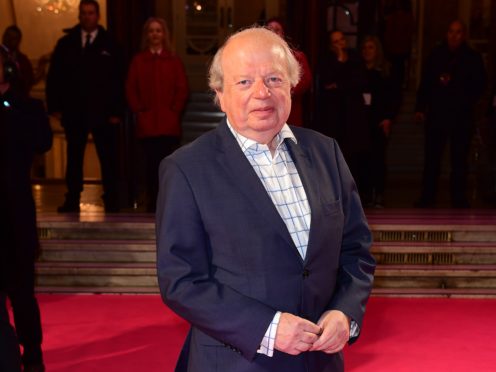The BBC licence fee has become “increasingly out of date”, former political correspondent John Sergeant has said.
The ex-journalist, 75, said other means of paying for BBC programmes – such as subscription, programme sponsorship or even advertising – should be considered.
He made the comments as BBC boss Tony Hall prepares to step down as director-general in the summer after seven years in the job.

Sergeant wrote in Radio Times magazine that Lord Hall’s successor “will inherit an in-tray bursting with problems”, including “placating female staff bitter about pay equality”, and improving relations with the Government.
But the main issue will be “how to reform the increasingly out of date funding system, based on the licence fee”, he said.
Lord Hall has argued that the licence fee “guarantees … commitment to creativity and risk-taking”, saying that “because we are funded by everyone, we must offer something outstanding for everyone”.
But Sergeant, who was the BBC’s chief political correspondent from 1992 to 2000, said “the case for the licence fee, a form of poll tax, has been steadily eroded” by competitors like Netflix and Amazon.

“It’s hard to see how the BBC can last in its present form for much longer,” the former Strictly Come Dancing star said.
He said that “for years the BBC was allowed to rest on its laurels as ‘the best broadcaster in the world’” but the argument that the BBC brought people together is no longer the case with so many streaming services.
Sergeant, who also worked at ITV, praised “heroic efforts” from programme-makers, from Blue Planet to Killing Eve.
But he said: “The average age of the audience is increasing, the number of viewers is falling. Young people are more likely to be hooked on their tablets and smartphones.
“It is time to think of different ways of paying for BBC programmes, whether it be some form of payment by subscription, as well as programme sponsorship, if not a move towards advertising in general.”
One option is making the licence fee voluntary, one of the corporation’s highest-paid presenters has said.
Match of the Day host Gary Lineker told The Guardian that the charge was the BBC’s “fundamental problem”.
If the fee was voluntary, “you would lose some people, but at the same time you’d up the price a bit” said the former footballer.

“(The licence fee) is the price of a cup of coffee a week at the moment. If you put it up you could help older people, or those that can’t afford it.”
Currently, those with a colour TV have to pay a £154.50 annual licence fee to fund BBC output.
In December, Boris Johnson said he was “looking at” abolishing the licence fee.
“At this stage we are not planning to get rid of all TV licence fees, though I am certainly looking at it,” the Prime Minister said in the run-up to the election.
– Radio Times is out now.
